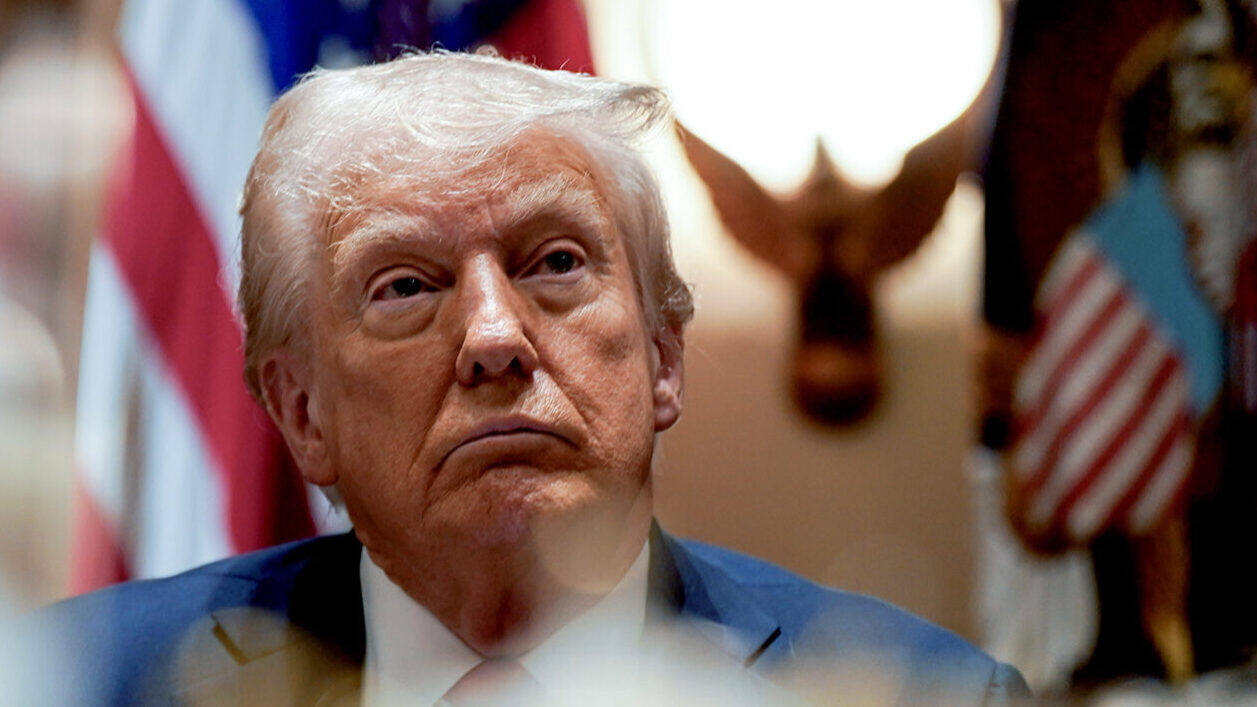US letters to companies in Portugal against diversity are “unacceptable intrusion”
Commission for Equality in Labour and Employment considers the sending of letters by the US embassy to companies in Portugal an “unacceptable intrusion”.
The letters that the US government sent to companies in Portugal that supply it with services and goods informing them that they should abandon their diversity, equity and inclusion (DEI) programmes are “an unacceptable intrusion” into the internal politics of the countries and the European Union (EU). This is what Carla Tavares, president of the Commission for Equality in Labour and Employment (CITE), says, and she is concerned about this “sign of regression” in human rights.
“CITE is very concerned about everything this attitude represents. It represents not only an unacceptable intrusion into the internal politics of third states, but also of the European Union itself”, she emphasised in a response sent to ECO.
However, she warns that “the most serious thing is its significance, because this kind of attitude is nothing more than a sign of regression in relation to all the achievements made in recent years in terms of the defence of human rights”.
In Carla Tavares’ view, there may initially be a temptation on the part of some companies “to give in to these pressures”, but there is “a set of values and European legislation that advocates the exact opposite”.
“This is the time for the European Union and the member states to be even firmer in affirming their values of defending human rights and combating all forms of discrimination”, argues the president of CITE.
Even so, she recognises that “those who work directly in this area are well aware that there are always those who have never been ‘fans’ of DEI policies, precisely with the same argument now used by the Trump administration, claiming that merit should be valued”. “And this happens when we talk about quotas, equal pay and a whole range of other rights”, she explains.
Asked, on the other hand, about the responses that CITE could make to the letters sent to Portuguese companies, the president guarantees that, “if necessary, it will notify the government of any worrying situation it comes across that violates the rules not only of national law but also of European law”.
ECO has already questioned the Ministry of Economy about the letters sent by the United States to companies in Portugal, but Pedro Reis’ office forwarded them to the Ministry of Foreign Affairs. From Paulo Rangel’s office, only silence.
“Lack of respect for sovereignty”
APPDI, the Portuguese Association for Diversity and Inclusion, is also very concerned about the letters sent to Portuguese companies. “They show a lack of respect for the sovereignty of countries and organisations”, says project coordinator Mónica Canário.
As Mónica Canário told ECO, the first letters to this effect were registered in Spain, but companies have also received similar letters in Italy and other Central European countries. According to the international press, companies have also been notified by embassies in France, Belgium and Eastern Europe.
“Europe is Europe. The United States is the United States. However, we are very concerned about this stance taken by the United States,” emphasised the APPDI’s project coordinator in a conversation with ECO. “It’s an example of how Donald Trump’s administration will deal with the world over the next four years”, she warns.
In Mónica Canário’s view, it’s now up to the companies to “stand up for themselves” or whether “financial values prevail”, and she argues that there are those in the market who can replace the US government as a client for these companies.
“We warn companies not to go along with these policies”, she said, adding that in Spain there has already been “a lot of protest from private organisations” and in France there is also “a movement to protect human rights”.
In addition, the associations in the 25 member states that promote diversity charters – a commitment that companies in various countries have joined – are finalising an open letter to the European institutions, demanding that legislation be drawn up to protect the most vulnerable and under-represented groups.
As ECO exclusively reported on Monday, the US embassy in Portugal is carrying out a global review of contracts between the US government and national companies, which includes certifying that they comply with the executive order signed in January by Donald Trump that puts an ‘end’ to diversity programmes.
The aim, the document reads, is to “end illegal discrimination and restore opportunities based on merit”. This is not only within the US government, but also in the companies that have contracts with it, which is why several companies in the European Union are now receiving letters indicating that they should abandon their diversity programmes.



